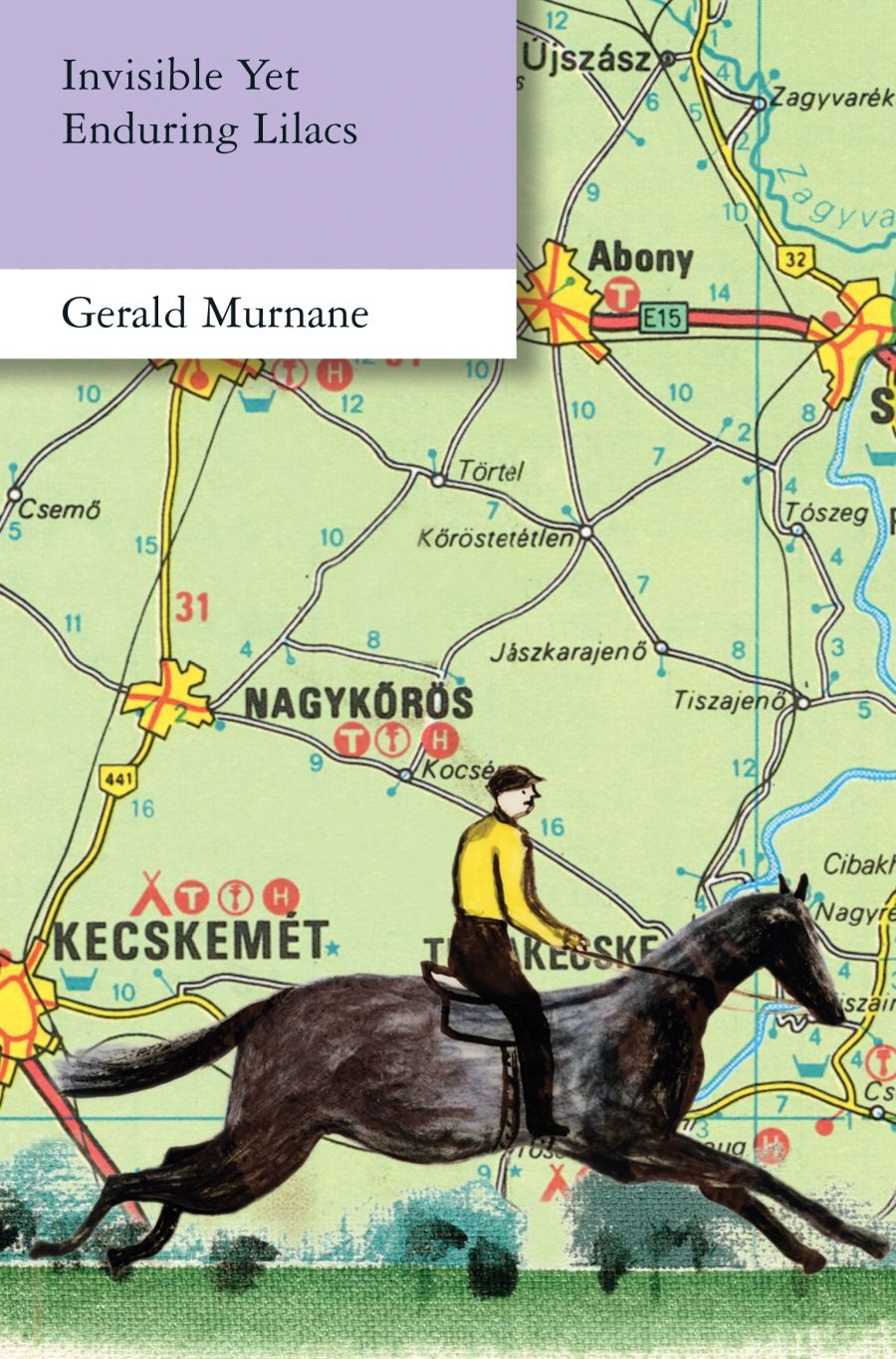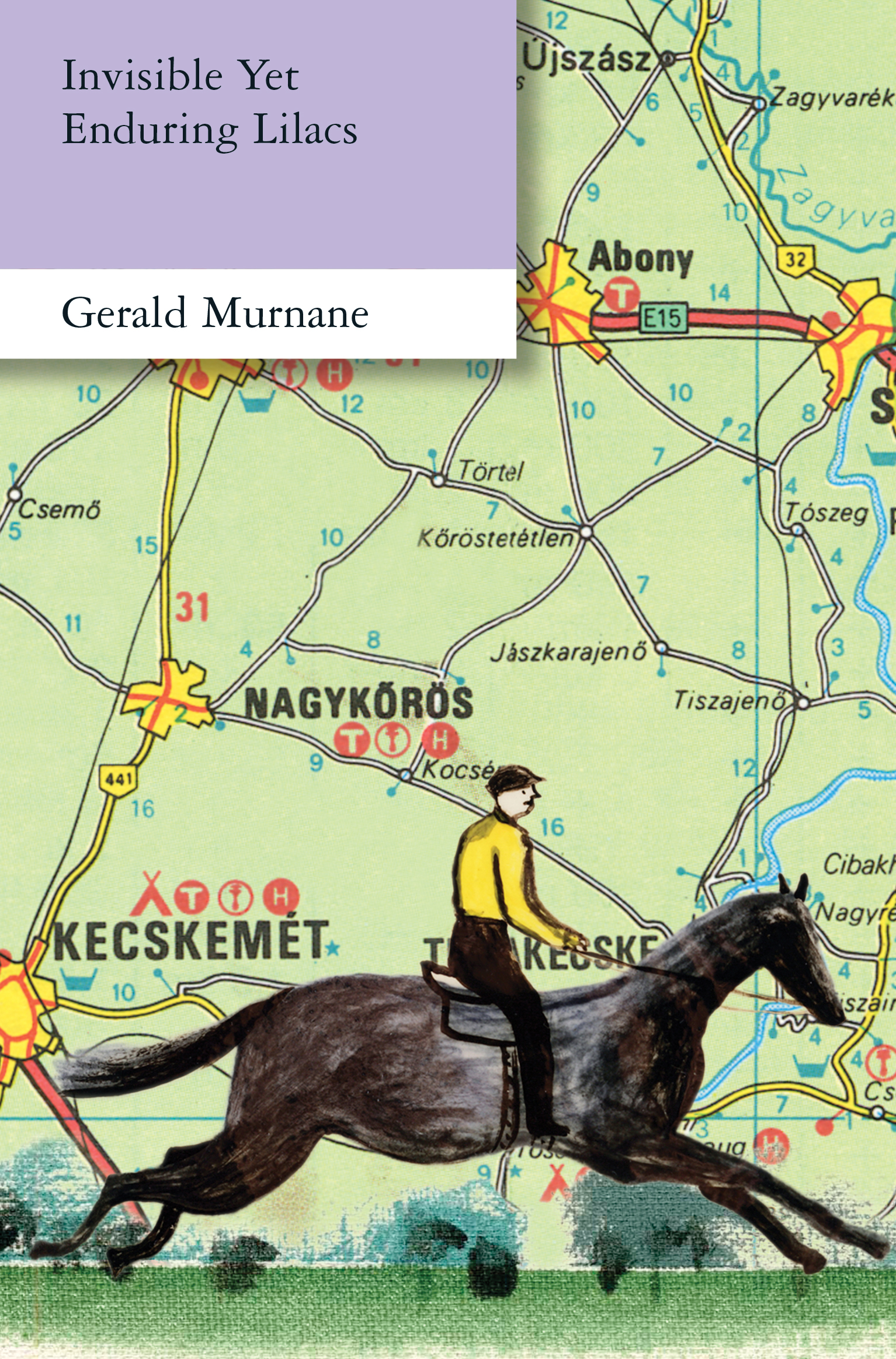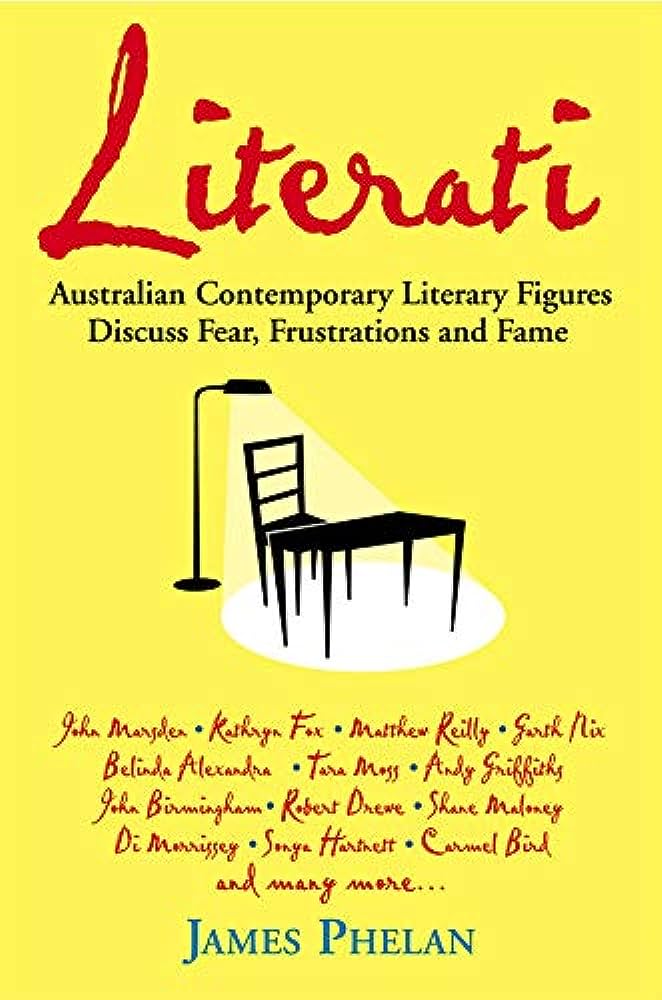
- Free Article: No
- Contents Category: Literary Studies
- Review Article: Yes
- Article Title: A beautiful whirly movement
- Online Only: No
- Custom Highlight Text:
I could always rely on Gerald Murnane for a beautiful quote. Nine years ago, when I was researching a piece on writers and technology, he told me he wrote all his books on a manual typewriter with the index finger of his right hand: ‘My favourite word to type, as a one-finger typist, is “afterwards”,’ Murnane told me over the phone. ‘It’s a beautiful whirly movement with one finger.’ Afterwards, as I transcribed his perfectly weighted sentences, it was clear that Murnane had probably already written the words he spoke to me. ‘I tend to think of words as written things rather than spoken things,’ Murnane writes in ‘The Breathing Author’, one of the more recent pieces in Invisible Yet Enduring Lilacs, his first book in a decade. ‘While I speak, I often visualise my words as being written somewhere at the same time.’
- Book 1 Title: Invisible Yet Enduring Lilacs
- Book 1 Subtitle: Essays
- Book 1 Biblio: Giramondo, $24.95 pb, 225 pp
- Book 1 Cover Small (400 x 600):

- Book 1 Cover (800 x 1200):

- Book 2 Title: Literati
- Book 2 Subtitle: Australian contemporary literary figures discuss fear, frustration and fame
- Book 2 Biblio: Wiley, $29.95 pb, 291 pp
- Book 2 Cover Small (400 x 600):

- Book 2 Cover (800 x 1200):

It has always been Murnane’s voice, unmistakable, infectious but perilous to ape, that won him his fans. His dogged disregard for such niceties as plot or characters have marked him as a difficult writer. Like strong coffee, he can be hard to take in sustained doses at first, but this reputation is unfair: he is not nearly as difficult as the reams of academic writing about his writing. Murnane’s clean lines and carefully annotated methodology makes him attractive fodder for analysis; reading his descriptions of visualising images or writing down sentences is like getting updates from a manual for a modernism machine.
There is always something of the trainspotter about Murnane. Reading Murnane’s collected essays in a couple of sittings, I was struck by parallels that never occurred to me when I read his fictions a decade ago. His catalogues of rules and systems and prohibitions and obsessions, all recalled in supersaturated colour snapshots, have the flavour of Asperger’s Syndrome. I have to stress that I am not suggesting that Murnane has any disorder, and I am not trying to diagnose any cognitive differences through his collected work. But if I can borrow one of Murnane’s stylistic tics for a moment, the writer who appears in these essays shares something with the fish-eye perspective and orderly intelligence of Christopher from Mark Haddon’s recent novel The Curious Incident of the Dog in the Night Time (2004).
The fundamental difference, of course, is that Murnane actively relishes all his peculiarities and loves to cast himself as a kind of librarian manqué. Murnane’s sense of humour is bone dry, and half the fun of reading him is laughing nervously, unable to gauge his sincerity levels.
Invited to speak at a Gerald Murnane research seminar, the author delivers what amounts to a lengthy manifesto about all the things ‘he cannot do or has never done’. He declares that he has never been on an airplane. What’s more, he becomes ‘confused, or even distressed’ if he finds himself anywhere the streets are not arranged in a north–south and east–west grid. He says he has no sense of smell and only rudimentary taste buds, and always translates words of aroma into visual images: ‘delicate colours for aromas said to be faint or subtle, and rich colours for strong smells.’ We learn, too, that he has never owned a television, and finds the exaggerated voices and gestures of theatre embarrassing and uncomfortable. Little wonder he has never seen an opera. By the time he tells us he has never worn sunglasses, we can feel the tug on the leg. Besides, he says he has never gone voluntarily ‘into any art gallery or museum or any building said to be of historic interest’; but I saw no signs of coercion when he spoke in a Melbourne basement art gallery ten years ago.
His Luddite tendencies are less surprising: he will have no truck with faxes, computers, cameras or even electronic library catalogues:
I have sometimes thought of the whole enterprise of my fiction-writing as an effort to bring to light an underlying order – a vast pattern of connected images – beneath everything that I am able to call to mind … And yet I seem to have a fear of the systems devised by other people, or if not a fear, then an unwillingness to engage with these systems or to try to understand them.
Murnane’s one great character, endlessly refined, is himself. Sometimes, in fiction such as The Plains (1982), it isn’t literally him, although the line between fiction and essay is now so blurred even Murnane couldn’t find it on a map. In 1988 he read his students at La Trobe a heart-breaking piece about his mentally disabled brother, but added the coda: ‘Every sentence that I read from the draft is a sentence of fiction.’
Because we get such a strong sense of Murnane through his body of work, we’re ready to be surprised. He is at his liveliest and most engaged writing about books. If he loves them, they are living creatures; if not, well, as he says: ‘some books are to be dropped into wells, others into fishponds.’ His love for the inchoate, uncontrolled work of Jack Kerouac, delineated in the essay ‘On the Road to Bendigo’ (1986), seems improbable, but writers never do like the work closest to their own. In 1987 Murnane wrote a wonderfully unkind review of Murray Bail’s Holden’s Performance for this magazine, attacking the book for faults both authors share. The review is not in this collection, but if you have access to the July 1987 edition of ABR, I commend it to you. ‘My report for today begins by stating that I fell asleep at page 108. But I can explain …’
It is a shame Murnane is not one of James Phelan’s interviewees in Literati: Australian Contemporary Literary Figures Discuss Fear, Frustration and Fame. His distinctive quotes would have livened up a collection of rather samey interviews. I get the feeling that Literari is aimed at creative-writing students. Each of the authors addresses similar questions about what they read as a child, how they got their first book published and what they have made of their writing routines. While John Birmingham writes in two-hour blocks three days a week, Robert Drewe writes mornings and evenings, and Di Morrissey is at her desk by 8 am, this classic question about fiction’s timetables is never particularly illuminating (although I liked the image of Morrissey applying full make-up and gold jewellery before she summons up her glamorous stories). I wondered how many of the authors I could have identified if their names and book titles had been changed. When it comes to writing, we’re all just putting letters of the alphabet in an ordered sequence.
I admit that I read transcripts with a jaded eye: I have to write out interviews with authors too, so these ‘Q&As’ feel like unfinished work. While Phelan’s conversations have obviously been tidied up, he’s left in some of the little pleasantries interviewers use to keep things oiled: ‘I can sympathise with that!’; ‘As you do …’; ‘I certainly hope you get that day.’ They don’t work so well in print.
Phelan has certainly canvassed an impressive variety of authors, from Drewe to Garth Nix to Tara Moss, and he has salted the set with some of Australian literature’s handmaids, critic Peter Craven, bookseller Mark Rubbo and agent Selwa Anthony. The latter is a born storyteller, with a strong collection of anecdotes.
In fairness, some of the interviews are better than others. Nix details some of his canny career calculations, Alan Atwood agonises well about switching between journalism and fiction, and Sonya Hartnett is irascible good value, withering about her fellow writers and an excellent analyst of the technical skills she brings to her novels. On realising that Surrender (2005) did not use her usual ‘clean, cold voice’, she says, ‘I had to be restrained from eating my child’.
Because Literati is about the process, we don’t always get a strong sense of the people, and raw dialogue doesn’t help. Did Robert Drewe grin or frown when Phelan told him that he was adored by readers? ‘Adored?’ muses Drewe. ‘Hmmmm. I would love to see more evidence of that.’ Who else blushed or spoke rapidly or hesitated? These are novelists. We are dealing with professional liars here, and we need all the information we can get.


Comments powered by CComment